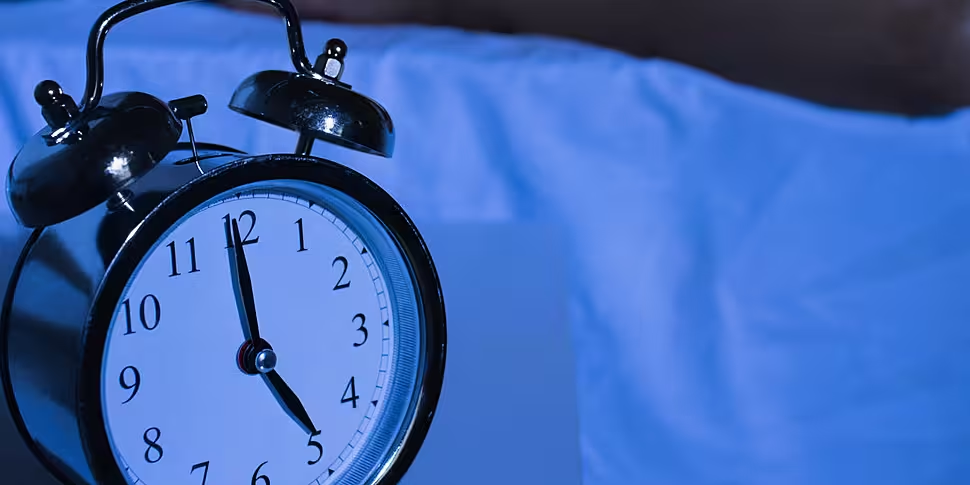People are being urged to keep in touch with each other, and reach out for help, as the weather gets colder and darker.
Many people can experience a real dip in their mood with what's known as Seasonal Affective Disorder - or SAD.
So how can you combat the onset of the winter blues?
Dr Anne Kehoe is a senior clinical psychologist and chartered member of the Psychological Society of Ireland.
She told Newstalk Breakfast the earlier darkness "affects our physiological make-up, that affects our circadian rhythm, our circadian clock.
"That's your body's internal clock that tells you when you're tired, and tells you when it's time to go home and go to bed.
"That is what's been impacted - it also affects your serotonin levels... your hormones that impact happiness and joy".
She said there are a number of ways people can help beat SAD.
"The most important thing is talk about it - the fact that you're talking about today is really probably going to remind people that this is happening and that it can be tricky.
"Try and get as much sunshine, try and get as much daylight - that helps your circadian clock.
"Get moving - because our inclination is to not move in the cold - is to stay still and keep warm, it's to kind of keep active.
"Eat as well as possible, that can kind of help regulate your mood: just sort of try and be regular about those things.
"And then to make time for social contact."
She said in extreme cases, people should reach out for support.
"Winter is tricky, and we've been through a few tough ones, so it can feel quite lonely and disconnected.
"But if you can keep time for people who do keep an eye on you, keep engaging your activities.
"Seasonal Affective Disorder in its more extreme form is a subtype of depression.
"So if you're hitting into that kind of territory - like depressive symptoms - go to your GP, go see a psychologist or counsellor, or somebody who's important to you, who can tell you 'This is significant' and you might need to do something more about that".
Dr Kehoe said the change affects people differently.
"I think most people will be impacted in some way by the change in the weather, and in the light in the day.
"We kind of all notice that impact on our mood heading into the winter - but some people, it affects them a lot more than others."
And she said this can depend on their lives and biological make-up.
"People can have a history of this kind of thing, so it's really a time of year when you're asking anyone who has those kind of symptoms to keep an eye on themselves.
"So if regularly you become quite down with the change in the seasons, this is the time of year to keep an eye on yourself and look out for that".
Anyone affected by issues raised in this article can contact The Samaritans on 116-123









